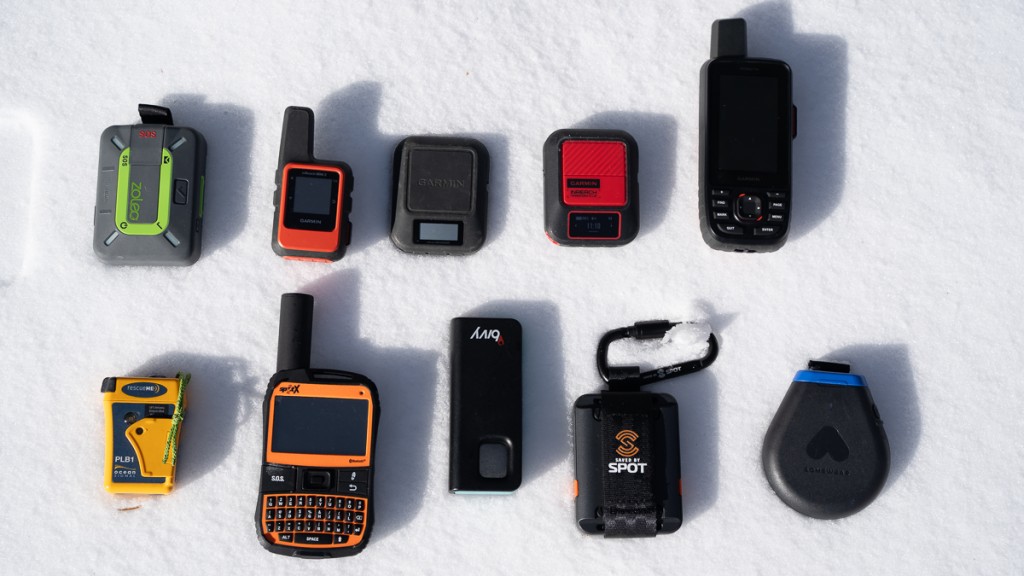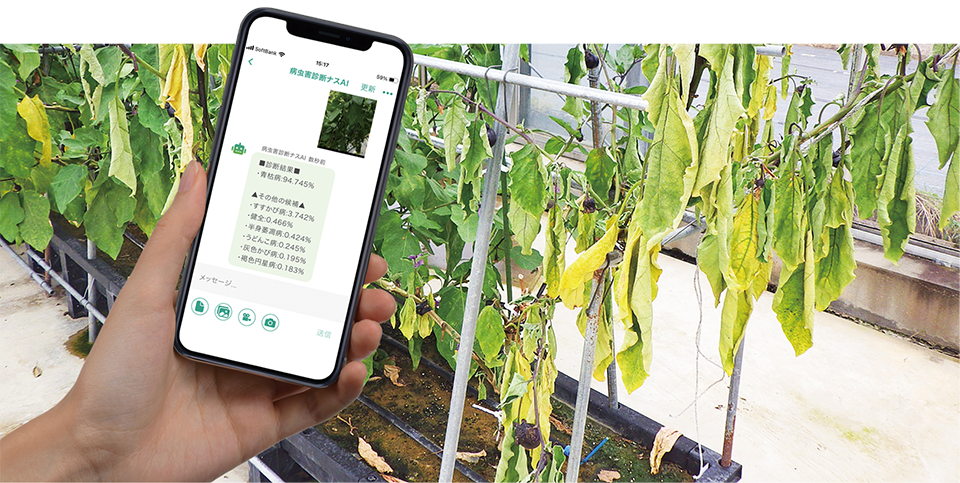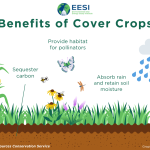Imagine boosting your farm’s productivity with just a touch of your finger. Sounds exciting, right?
Welcome to the era of smart farming, where top mobile devices and gadgets are revolutionizing agriculture. Whether you’re managing crops, monitoring livestock, or optimizing irrigation, these smart tools are designed to make your farming operations more efficient and profitable. You might be wondering which devices can really make a difference for you.
Well, you’re about to discover a handpicked selection of the best gadgets that can transform your farming experience. Get ready to unlock the potential of your farm with technology that works as hard as you do. Dive in and see how these innovations can take your farming to the next level!
Smart Sensors
Smart sensors are transforming traditional farming into smart farming. They help farmers monitor and manage their crops efficiently. By providing real-time data, these sensors enable timely decisions. This technology leads to increased productivity and resource efficiency. Let’s explore some key types of smart sensors used in agriculture.
Soil Moisture Sensors
Soil moisture sensors measure the water content in the soil. They help farmers determine the right time to water crops. This prevents overwatering and under-watering. Farmers can use data from these sensors to optimize irrigation schedules. This ensures crops receive the right amount of water.
Using soil moisture sensors can lead to water conservation. It also reduces the cost of irrigation. These sensors are easy to install and provide accurate data. They are an essential tool for modern farming practices.
Temperature And Humidity Sensors
Temperature and humidity sensors monitor the environment around crops. They help farmers understand weather patterns. This information is crucial for protecting crops from extreme conditions. By knowing the temperature and humidity, farmers can adjust their practices accordingly.
These sensors alert farmers to sudden changes in weather. Early warnings can prevent crop damage. These devices are vital for maintaining optimal growing conditions. Temperature and humidity sensors are a staple in smart farming.

Drones In Agriculture
Drones are essential tools in smart farming, aiding in crop monitoring and efficient land management. They offer real-time data, helping farmers make informed decisions quickly. Many mobile devices and gadgets enhance these capabilities, making agriculture more precise and productive.
Drones have emerged as a game-changer in the realm of smart farming, offering innovative solutions to age-old agricultural challenges. They’re not just flying gadgets; they’re tools that can transform the way you manage your farm. With drones, you can see your crops from a bird’s-eye view, spot issues early, and make informed decisions that boost productivity. ###Crop Monitoring
Imagine being able to survey your entire field in a matter of minutes. Drones equipped with advanced cameras can capture high-resolution images, helping you assess the health of your crops with ease. You can identify areas that need more water or nutrients, ensuring each plant gets exactly what it needs to thrive. This proactive approach can save you time and money, while increasing your yield. Have you ever wondered if you’re missing something crucial by sticking to traditional monitoring methods? ###Pest Detection
Pests can wreak havoc on your farm if not detected early. Drones can help you spot signs of pest infestation before it’s too late. They can fly low and use infrared sensors to detect anomalies in plant health. This technology allows you to act swiftly, applying treatments only where necessary. It’s like having a vigilant watchman that never sleeps, ensuring your crops are safe from unwelcome guests. Think about how much easier it would be to manage pests if you could see them coming from miles away. Would you take advantage of this eye in the sky to protect your investment? By integrating drones into your farming routine, you can enhance your efficiency and safeguard your crops. So, are you ready to embrace the future of agriculture with drones?Gps Technology
GPS technology plays a vital role in smart farming. It enhances precision and efficiency. Farmers use GPS to track locations and movement of machinery. This technology helps in guiding tractors and combines. It ensures accurate planting and harvesting, reducing waste and costs. GPS also aids in data collection, allowing farmers to make informed decisions. With GPS, farming becomes more sustainable and productive.
Precision Mapping
Precision mapping is a key feature of GPS in agriculture. It allows farmers to map their fields accurately. By using GPS, farmers can create detailed maps of their land. These maps show soil types, crop health, and water needs. Precision mapping helps in planning crop rotation and fertilization. It also aids in monitoring field conditions. This leads to better resource management and higher yields.
Autonomous Machinery
GPS technology enables autonomous machinery in smart farming. Tractors and combines can operate without human intervention. GPS guides these machines along pre-defined paths. It ensures precise operations, even in poor visibility. Autonomous machinery reduces labor costs and increases efficiency. It also minimizes errors in planting and harvesting. Farmers can focus on other tasks while machines do the fieldwork.

Mobile Apps For Farmers
In today’s digital age, mobile apps have become indispensable tools for farmers looking to enhance productivity and streamline operations. These apps offer a plethora of features ranging from real-time weather updates to comprehensive farm management solutions. Whether you’re a seasoned farmer or just starting out, leveraging technology can make a significant difference in your farming practices.
Weather Forecasting Tools
Weather conditions can make or break your farming efforts. Imagine planning your planting schedule only to be caught off guard by an unexpected storm. Mobile apps like Weather Underground and AccuWeather provide detailed weather forecasts tailored to your location. They offer real-time alerts, helping you make informed decisions about when to plant, irrigate, or harvest. Have you ever wondered how much easier it would be to plan your farming activities with reliable weather predictions at your fingertips?
Farm Management Applications
Farm management apps are akin to having a personal assistant that keeps track of every detail on your farm. Applications like FarmLogs and AgriWebb help you monitor crop health, track expenses, and manage resources efficiently. These apps provide insights into soil quality, pest control, and yield predictions, allowing you to optimize operations and maximize profits. Picture having all your farm data organized in one place—no more sifting through piles of paperwork or juggling multiple spreadsheets.
These mobile applications not only simplify farming tasks but also empower you to make data-driven decisions. By integrating these tools into your daily routine, you can elevate your farming practices to new heights. Are you ready to embrace the digital transformation in agriculture?

Conclusion
Smart farming relies on the best gadgets and mobile devices. These tools improve efficiency and save time. Farmers can manage crops with ease. Devices help monitor soil and weather. They enhance productivity and crop health. Choosing the right technology is key.
Smart tools make farming easier and smarter. Stay updated with the latest gadgets. This ensures better yield and quality. Embrace technology for a brighter farming future. It’s time to boost farm operations with smart devices. Farmers need to adapt and grow with technology.
Smart farming is the way forward.



